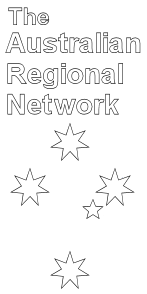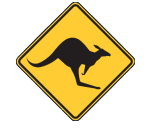ACT Local History
The Australian Capital Territory (ACT) is a small federal territory located in southeastern Australia. It was established on January 1, 1911, following the federation of the six colonies of Australia in 1901. The ACT is unique in that it is not part of any state and is instead directly administered by the federal government. Despite its relatively small size, the ACT has a rich and diverse history that stretches back tens of thousands of years.
Pre-European Settlement
The first humans to inhabit the area now known as the ACT are believed to have arrived around 21,000 years ago. These peoples were likely nomadic hunter-gatherers who followed the food as it moved through the region. Archaeological evidence suggests that they lived in the area continuously until around 700 years ago, when the arrival of Europeans began to have a significant impact on their way of life.
European Exploration and Settlement
The first Europeans to explore the area were British explorers Charles Throsby and Joseph Wild, who arrived in the area in 1820. They were followed by several other explorers over the next few decades, including Allan Cunningham, who discovered the fertile Limestone Plains in 1824. This discovery led to the establishment of several grazing properties in the area, and by the 1850s, it was a thriving sheep station.
The Establishment of Canberra
In 1908, the government decided to establish a new national capital in the ACT. A competition was held to design the city, and the winning design was submitted by American architects Walter Burley Griffin and Marion Mahony Griffin. Construction of the city began in 1913, and it was officially opened as the national capital in 1927.
World War II
The ACT played an important role in World War II, primarily as a training ground for Australian Army units. Thousands of troops were based in the area, and several important military facilities were established, including the Royal Military College and the Royal Australian Air Force Base at Fairbairn. The ACT also played host to several high-level government meetings during the war, including the 1942 conference between Australian Prime Minister John Curtin and US General Douglas MacArthur.
Post-War Development
Following the end of World War II, the ACT experienced significant growth and development. New suburbs were established to accommodate the influx of people moving to the area, and the economy began to diversify beyond agriculture. In 1958, the first Australian National University was established in Canberra, which helped to establish the area as a center for research and innovation.
Recent Events
In recent years, the ACT has continued to grow and thrive. It has become a popular tourist destination, thanks in part to its diverse wildlife and natural beauty. It has also become a center for politics and government, with many important government agencies and departments based in the area. In 2019, the ACT became the first jurisdiction in Australia to legalize the recreational use of marijuana, further cementing its reputation as a progressive and forward-thinking place.
History of in ACT
In conclusion, the Australian Capital Territory is a unique and fascinating place with a rich and diverse history. From its pre-European settlement origins to the establishment of Canberra as the national capital, to its role in World War II and beyond, the ACT has played a significant part in shaping Australia's history and identity. Today, it continues to be an important center for government, research, and innovation, and it is well positioned to continue to thrive in the years to come.


















